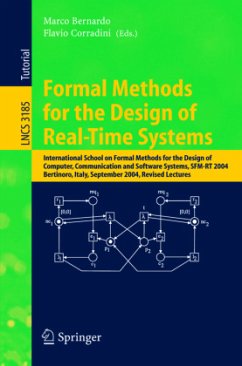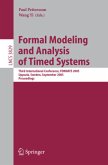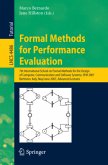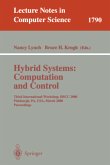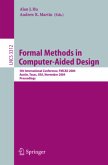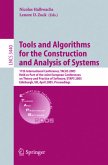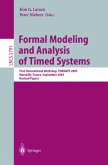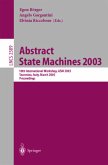A large class of computing systems can be speci?ed and veri?ed by abstracting away from the temporal aspects of their behavior. Inreal-timesystems,instead, time issues become essential. Their correctness depends not only on which - tions they can perform, but also on the action execution time. Due to their importance and design challenges, real-time systems have attracted the att- tion of a considerable number of computer scientists and engineers from various research areas. This volume collects a set of papers accompanying the lectures of the fourth edition of theInternational School on Formal Methods for the Design of C- puter,Communication andSoftware Systems (SFM). The school addressed the use of formal methods in computer science as a prominent approach to the r- orous design of computer, communication and software systems. The main aim of the SFM series is to o?er a good spectrum of current research in foundations as well as applications of formal methods, which can be of help for graduate students and young researchers who intend to approach the ?eld. SFM-04:RT was devoted to real-time systems. It covered formal models and languagesforthespeci?cation,modeling,analysis,andveri?cationoftheseti- critical systems, the expressiveness of such models and languages, as well as supporting tools and related applications in di?erent domains.

